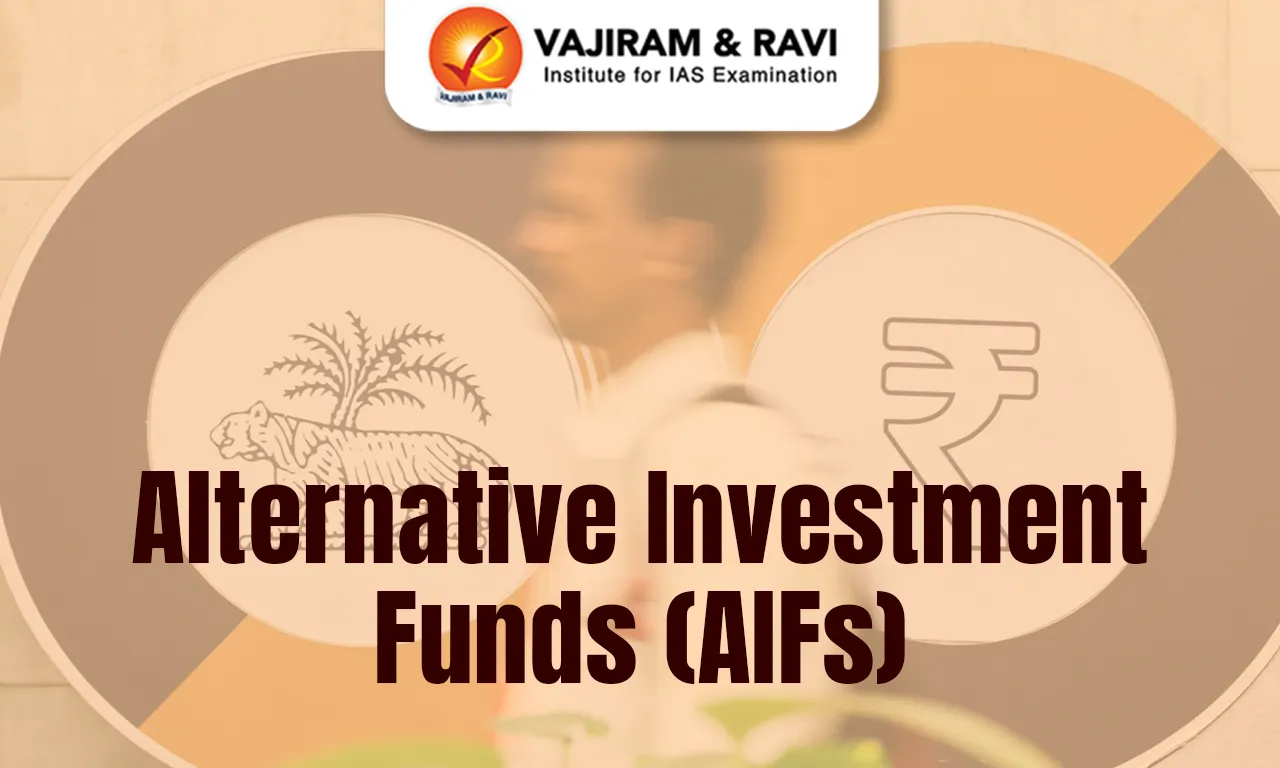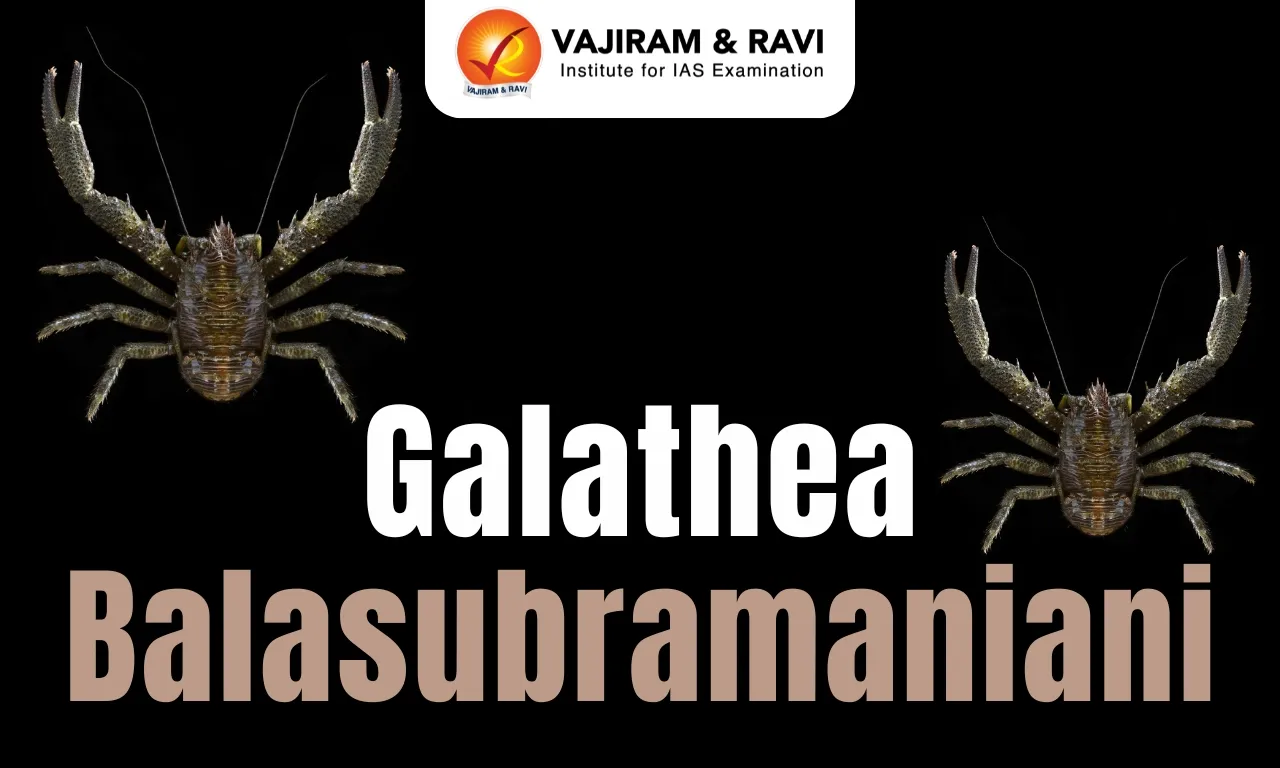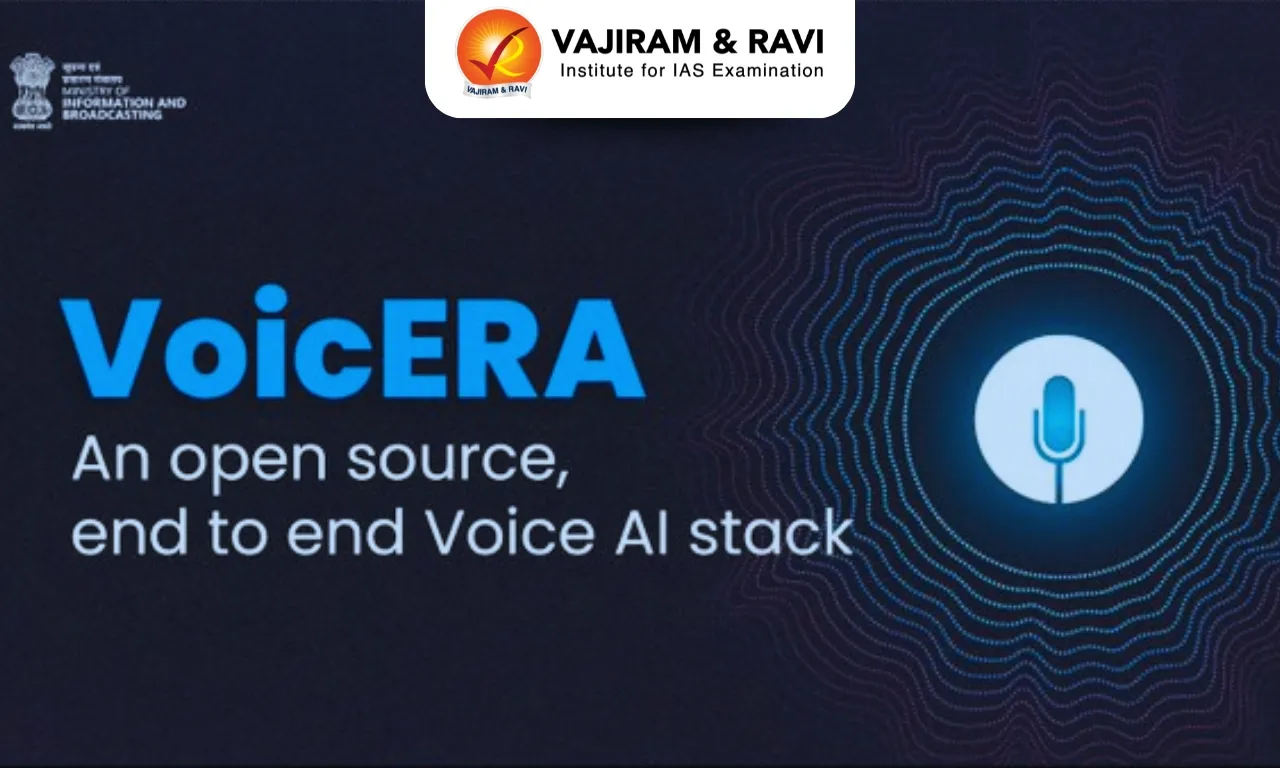Alternative Investment Funds (AIFs) Latest News
Recently, the Reserve Bank of India (RBI) released revised draft directions regarding investments made by Regulated Entities (REs) in Alternative Investment Funds (AIFs).
About Regulated Entities (REs)
- Regulated Entities (REs) are institutions that operate under the supervision of financial regulators like RBI, SEBI, IRDAI, etc.
- They are responsible for:
- Maintaining financial stability,
- Ensuring compliance with regulations,
- Preventing financial crimes such as fraud and money laundering.
- Examples include Scheduled Commercial Banks, NBFCs, Insurance Repositories, etc.
What are Alternative Investment Funds (AIFs)?
- AIFs are privately pooled investment vehicles established in India that collect capital from sophisticated Indian and foreign investors.
- These are regulated by SEBI under the SEBI (Alternative Investment Funds) Regulations, 2012.
- AIFs can be formed as LLPs, companies, trusts, or other permissible entities.
- They invest in a wide range of asset classes and are usually preferred by High Net-Worth Individuals (HNIs) and institutional investors.
Categories of AIFs (as per SEBI Regulations)
|
Category |
Details |
|
Category I AIFs |
– Invest in start-ups, SMEs, social ventures, infrastructure, and economically desirable sectors. – Examples: Venture Capital Funds, Angel Funds, SME Funds, Social Venture Funds, etc. |
|
Category II AIFs |
– Do not fall under Category I or III. – Cannot undertake leverage, except for operational needs. – Examples: Private Equity Funds, Debt Funds, Real Estate Funds, Distressed Asset Funds. |
|
Category III AIFs |
– Employ diverse or complex trading strategies and may use leverage (including derivatives). – Examples: Hedge Funds, PIPE Funds. – These can be open-ended or close-ended, while Category I and II AIFs are close-ended with a minimum 3-year tenure. |
Alternative Investment Funds (AIFs) FAQs
Q1: What are Alternative Investment Funds (AIFs)?
Ans: AIFs are privately pooled investment vehicles that collect funds from investors to invest as per a defined strategy, regulated by SEBI.
Q2: Are AIFs open to all investors?
Ans: No, AIFs are typically for high-net-worth individuals (HNIs), with a minimum investment requirement of ₹1 crore.
Source: TH
Beta feature
Last updated on February, 2026
→ UPSC Notification 2026 is now out on the official website at upsconline.nic.in.
→ UPSC IFoS Notification 2026 is now out on the official website at upsconline.nic.in.
→ UPSC Calendar 2026 has been released.
→ Check out the latest UPSC Syllabus 2026 here.
→ Join Vajiram & Ravi’s Interview Guidance Programme for expert help to crack your final UPSC stage.
→ UPSC Mains Result 2025 is now out.
→ UPSC Prelims 2026 will be conducted on 24th May, 2026 & UPSC Mains 2026 will be conducted on 21st August 2026.
→ The UPSC Selection Process is of 3 stages-Prelims, Mains and Interview.
→ Prepare effectively with Vajiram & Ravi’s UPSC Prelims Test Series 2026 featuring full-length mock tests, detailed solutions, and performance analysis.
→ Enroll in Vajiram & Ravi’s UPSC Mains Test Series 2026 for structured answer writing practice, expert evaluation, and exam-oriented feedback.
→ Join Vajiram & Ravi’s Best UPSC Mentorship Program for personalized guidance, strategy planning, and one-to-one support from experienced mentors.
→ UPSC Result 2024 is released with latest UPSC Marksheet 2024. Check Now!
→ UPSC Toppers List 2024 is released now. Shakti Dubey is UPSC AIR 1 2024 Topper.
→ Also check Best UPSC Coaching in India
Tags: Alternative Investment Funds prelims pointers upsc prelims current affairs




















